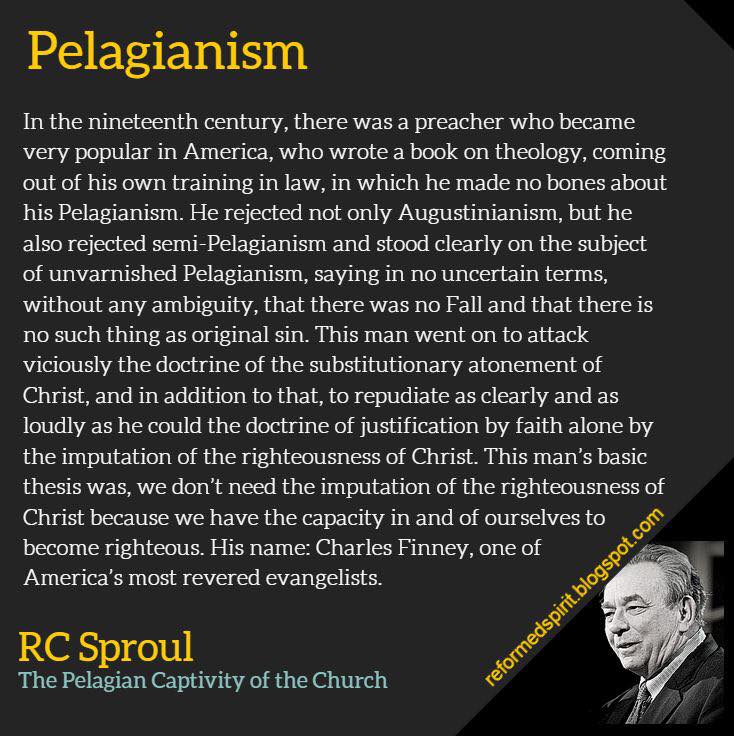 Article: by Eric Davis (original source here)
Article: by Eric Davis (original source here)
A wise man once said, “Through many tribulations we must enter the kingdom of God” (Acts 14:22 ). The “many,” “tribulations,” and “must” combine to make life really, really hard at times. Pain seems to crash upon its victims with inhumane force. It comes in all forms—physical, spiritual, relational, some excruciating combination. There are times when it just seems impossible to continue another moment.
Thankfully however, we have a loving God who is sovereign over suffering. He’s not pushing buttons from a distance, but intimately walking through it with us. What a great thing it is to have the Lord as our shepherd. He cares for us, not by always sparing us from sorrow, but leading us through it. He binds us up through various means; the word of God, prayer, corporate worship.
But, what about when a trial reaches a new level of difficulty? What about when the spiritual and emotional pain seems too crippling to be at church? Certainly there are situations like this. What should we do?
Beth Moore, a highly influential evangelical, said this on mother’s day:
Beth Moore
✔@BethMooreLPM
If you feel like sobbing, do. If you feel like going to church on Mother’s Day would crush your heart, don’t. You won’t lose your salvation because you don’t want to go to church on Mother’s Day. Grab pen and paper and get alone with God and pour out your heart to Him in full…
On the one hand, the advice is understandable. In some seasons of suffering, it seems impossible to do anything. There are certain things which feel as if doing them would only plunge the knife deeper.
But on the other hand, this kind of thinking backfires. It’s hazardous. It can create damage and propagate error. I assume that the intention of the advice was to help and bless. But the stay-home suggestion can communicate several consequential errors. Here are a few for consideration:
1. God’s means of grace are insufficient for certain struggles.
The corporate gathering is to be a time of worship to the glory of God. As we worship together with gifted saints, we are fed, strengthened, transformed, encouraged, and equipped. That’s why the gathering exists. As the word of God is read, sang, prayed, pondered, and preached, God administers his care. So, to suggest avoiding the gathering because of a trial is counter-productive. Corporate worship is intended to bring care in suffering. It might feel impossible to gather; too painful. But our God knows. And he desires to care for us precisely through corporate worship. So, to avoid church due to the pain of a trial is akin to avoiding eating due to the pain of hunger. Continue reading






